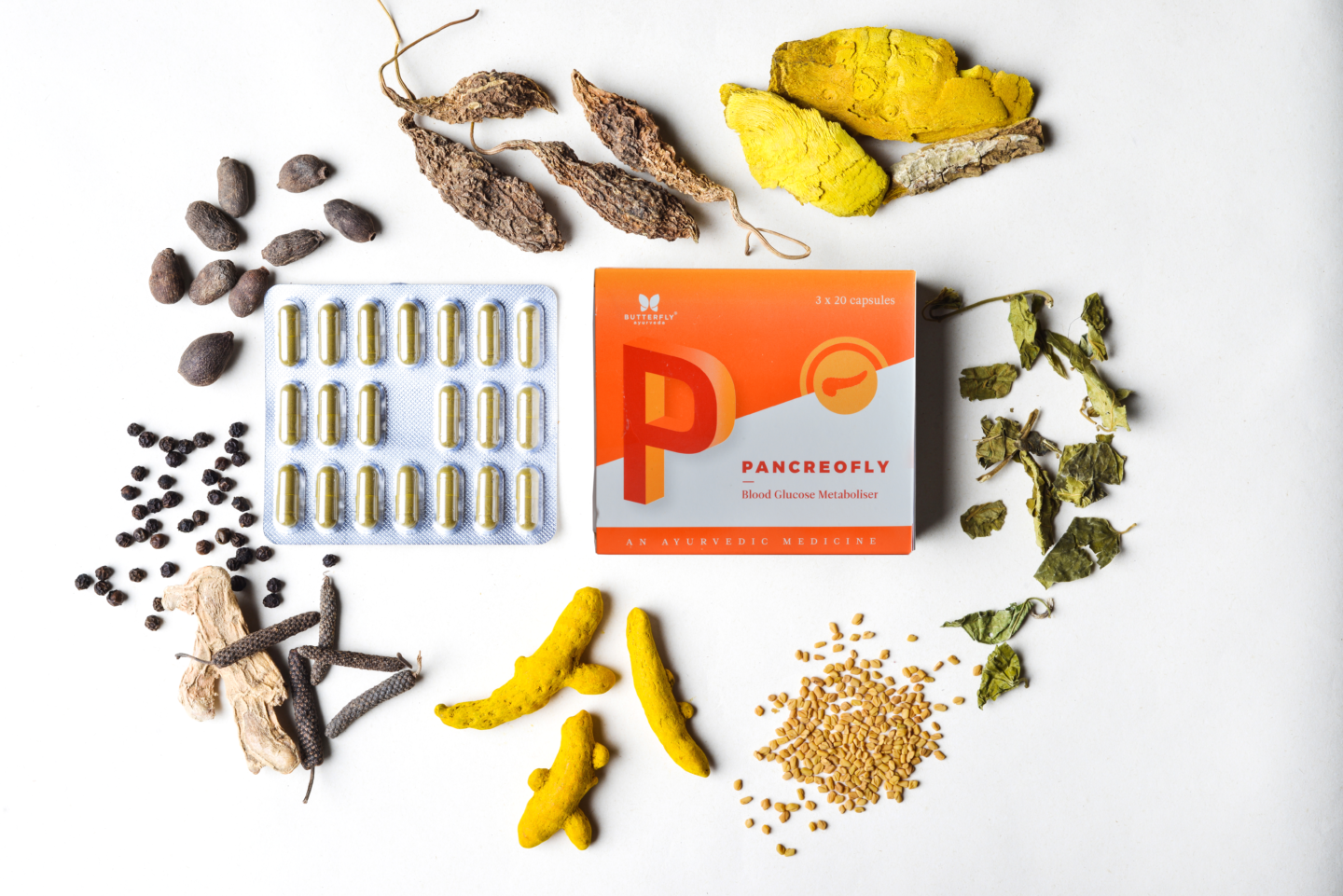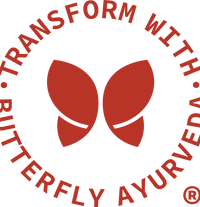
In Ayurveda two terms - Prameha and Madhumeha are used interchangeably in the context of increased urination, commonly correlated with Diabetes.
In general, Prameha in Ayurveda could be seen as a group of diseases wherein there is an increase in the amount & frequency of urination. Prameha stands for ‘pra’ which means abundant and ‘meha’ which means passing large quantities of urine.
Characterized by higher than normal blood sugar levels for a sustained span of time, prediabetes is easy to reverse if it is detected and kept in check. If undetected, prediabetes increases vulnerability to several other diseases such as heart attack, stroke, circulation, inflammation, stress, depression, anxiety, etc.
The classics of Ayurveda describe the common causative factors of prameha to be:
- oversleeping
- idle sitting
- excessive consumption of curd or soup of certain marshy or aquatic animals
- excessive consumption of jaggery products, new cereals,
- sheeta (cool) and snigdha (soft) drinks and other kapha-increasing edibles.
On the basis of predominance of doshas and easily distinguishable by the physical properties of urine, there are three types of prameha:
Kaphaj, in which kapha affects lipid metabolism, muscles and body fluid in the urinary bladder. Excessive consumption of fresh pulses, curd, til (sesame), udak etc. along with loss of exercise, more sleep etc. increase kapha & meda (fat) that affect lipid metabolism, muscles and body fluids in the urinary bladder and thereby cause prameha.
Pittaj, in which heat may aggravate pitta, causing prameha. Excessive intake of ushna (hot), amla (sour) , lavana (salty taste), katu, alkaline & pungent food, irregular diet, excessive exposure to the sun, anger and exertion are said to be the causative factors for this type of prameha.
Vataj, in which vayu causes prameha by affecting the dhatus in the urinary bladder. Use of more / excessive amounts of Kashaya ( astringent), katu (pungent) , tikta (bitter) and Laghu (lightness) dravya (substance) and also excessive exercise, vaman and virechan (emesis and purgation) are the main causes of this type of prameha.
Charak, the great physician and scholar of Ayurveda has also mentioned psychological factors as causative factors for the disease. For example shrama (excessive physical work) & krodha (anger) induces Pittaj Prameha, whereas udvega (anxiety) & shoka (sorrow) induces Vataj Prameha.

Comments (0)
Back to News